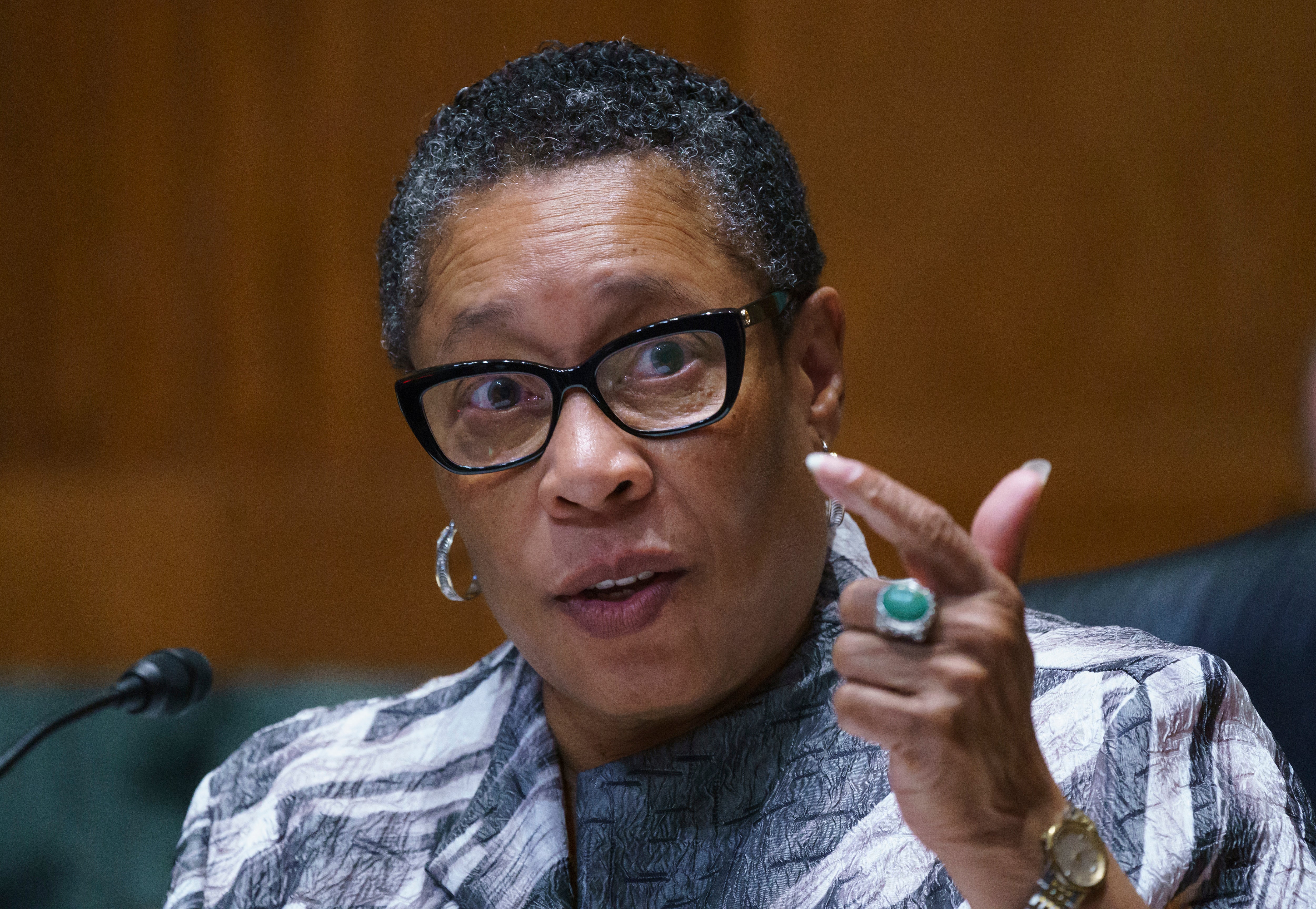$20 million HUD grant doubles size of eviction legal help
The Department of Housing and Urban Development is doubling the size of its eviction protection program, designed to fund legal assistance for tenants seeking to stay in their homes

Your support helps us to tell the story
From reproductive rights to climate change to Big Tech, The Independent is on the ground when the story is developing. Whether it's investigating the financials of Elon Musk's pro-Trump PAC or producing our latest documentary, 'The A Word', which shines a light on the American women fighting for reproductive rights, we know how important it is to parse out the facts from the messaging.
At such a critical moment in US history, we need reporters on the ground. Your donation allows us to keep sending journalists to speak to both sides of the story.
The Independent is trusted by Americans across the entire political spectrum. And unlike many other quality news outlets, we choose not to lock Americans out of our reporting and analysis with paywalls. We believe quality journalism should be available to everyone, paid for by those who can afford it.
Your support makes all the difference.The Department of Housing and Urban Development is doubling the size of its eviction protection program, designed to fund legal assistance for tenants seeking to stay in their homes.
The $20 million HUD grant, announced Monday, will not provide any sort of direct rental relief; instead, it will fund legal services and representations for families facing eviction. The funds will be distributed through the Eviction Protection Grant Program to 11 nonprofit organizations and government entities, with grants ranging from $1 million to $2.4 million. Recipients of the fresh wave of funding include Pine Tree Legal Assistance of Portland, Maine, and the city of San Antonio, Texas.
HUD launched the Eviction Protection Grant Program last November, with an original $20 million awarded to 10 legal service providers.
HUD Secretary Marcia Fudge described the new funding as a doubling down on a proven method of easing the financial damage wrought by the COVID-19 pandemic.
“We need to keep doing all that we can to help people maintain quality housing," Fudge said in a statement. “We know that access to legal services and eviction diversion programs works. It helps people avoid evictions and protects tenants’ rights.”
The funding can also be used to help landlords access emergency rental assistance and will generally help reduce caseloads in eviction courts around the country, Fudge said.
And the grant program is expected to particularly help people of color — they are disproportionately represented among those evicted — as well as tenants with limited English proficiency and people with disabilities, the department said.